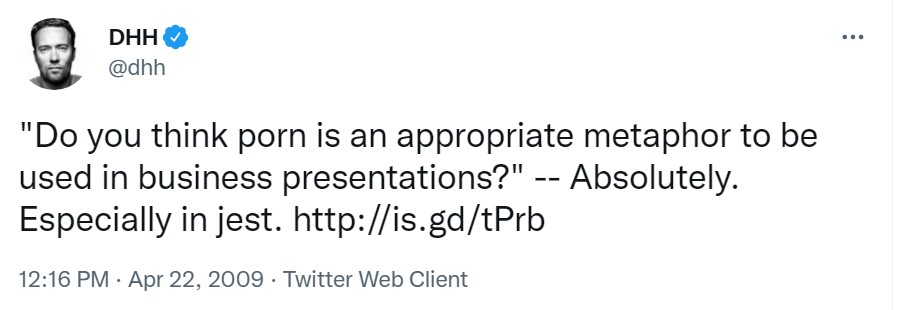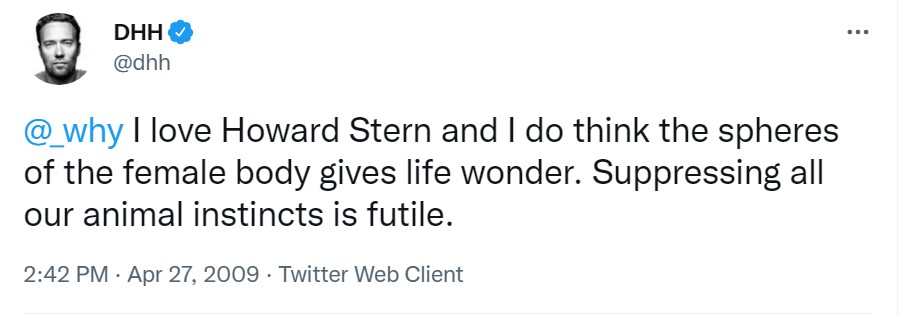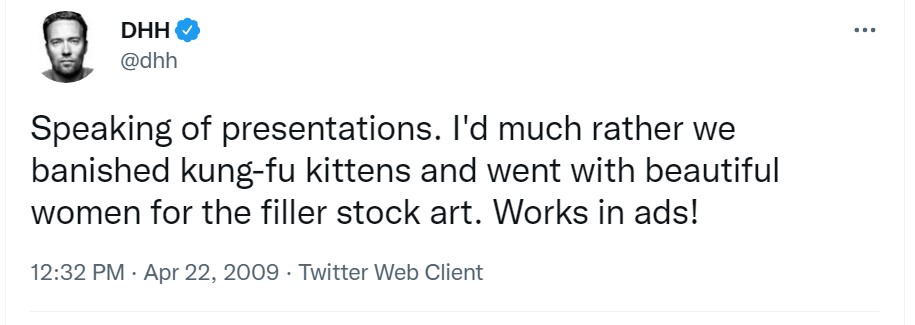Years ago, when I lived in San Francisco, I was sitting in my favorite chair one day, listening to music and typing into my laptop when the door to my apartment opened. A man enters, sees me and stops, half in, half out. He stares at me, I stare at him, waiting for him to say something along the lines of “Oh, excuse me! Wrong door!”
When he continues to stare and look around the apartment in confusion, I ask, “Can I help you?”, being sure to put a little ‘you’ve walked into my home, bud, and what if I had been nude’ tone into my voice.
He starts laughing and says, “I’ve come to the wrong floor! I live on the second floor and must have got off on the wrong floor. I live in 222!”
Sounds reasonable. Easy mistake. Just shut the door on your way out.
“I was so surprised. I couldn’t figure out who you were.”
Well, cool. Please leave now.
“How funny! You must have really been surprised, too.”
WHAT THE HELL DO I NEED TO DO TO GET YOU TO GO!
I got up and walked towards the door and the guy still isn’t leaving. Friendly, not harmful at all — just chattering away. Being a polite soul, I respond to his chatter. Yes, funny coincidence. Yes, I do sometimes forget to lock my door when I bring groceries in. And, yes, weather has been nice…now move your butt outside my door!
After I herded him out, and just as I’m closing the door he calls back, “Well, nice meeting you!”
I locked the door and started to walk away. Stopped. Turned back and threw the dead bolt.
We are a society that is, above all, polite. We have raised courtesy to an art form, honing it into fine-edged usefulnes. Our words become knives as we fight a duel called “conversation” — victor and victim equally bloodied. We circle and stab, and then commiserate with the pain, apologize for the sting.
We pommel each other with argument and viewpoint, all the while debating the finer points of etiquette. We hammer at each other with opinion; we blast most eloquently, and always with the highest regard, the deepest sincerity.
We hold mirrors up to show others their flaws, only to find that the silver has flaked off, the glass is transparent.
You know what I like about being online? If you read something you don’t like, or something that irritates you, or a piece of self-righteous garbage, you can close the browser and it’s gone. You don’t have to be polite. You don’t have to read, react, respond.
Just close the browser.



